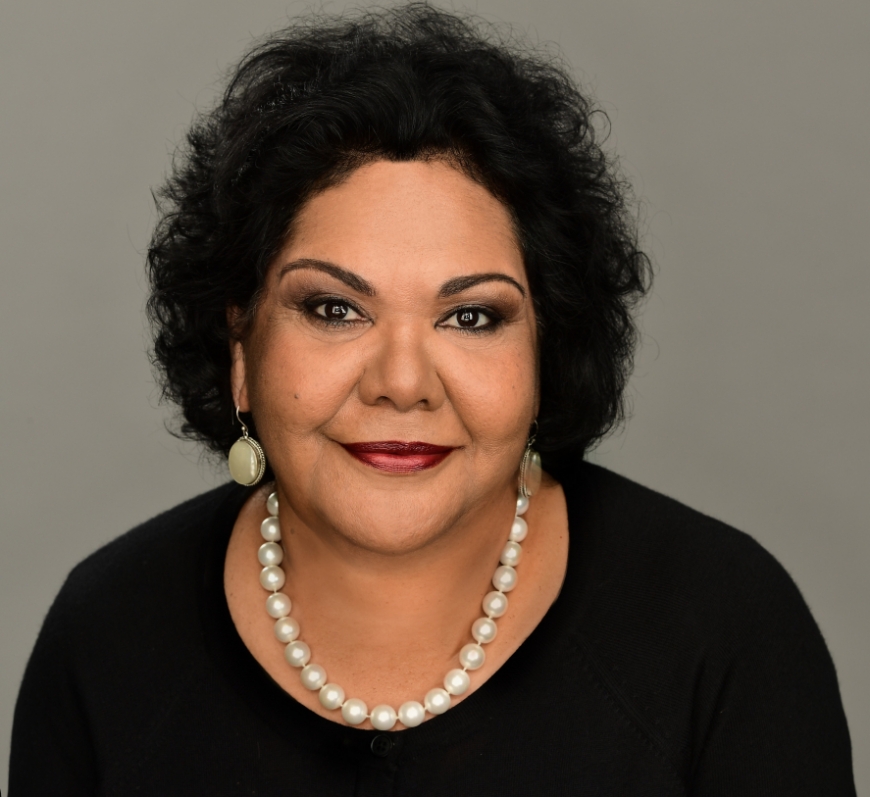Current and former Social Justice Commissioners offer pathway forward on constitutional recognition

Published:
Topic(s): Aboriginal and Torres Strait Islander Social Justice / Indigenous Social Justice
The current and all former Aboriginal and Torres Strait Islander Social Justice Commissioners have come together to offer a pathway forward to achieve constitutional reform within the next five years.
Commissioner June Oscar AO (2017–current) has joined former commissioners Mick Gooda (2010–2016), Professor Tom Calma AO (2004–2010), Dr William Jonas AM (1999-2004) and Emeritus Professor Mick Dodson AM (1993–1998) to make a submission to the Joint Select Committee on Constitutional Recognition.
Commissioner June Oscar AO said every Social Justice Commissioner over 25 years has highlighted the need for constitutional reform to address the ongoing human rights concerns faced by Aboriginal and Torres Strait Islander peoples.
“Each process — the native title and social justice package of 1995, the reconciliation process up to 2000, and the last 8 years of debate on constitutional reform — has provided the same answers.
“Each time, four complementary actions have been identified: a representative voice for Indigenous peoples; constitutional reform; truth telling processes; and an agreement or treaty-making framework.
“We are hoping our submission, based on more than two decades of advocacy, offers a pathway forward, to address the unfinished business in this country,” Commissioner Oscar said.
The submission states that successive governments have failed to act decisively on constitutional reform or capitalise on the public support for change. It lays down a four step process:
1. A five year commitment from the federal Parliament to achieve constitutional reform.
2. A regular parliamentary motion by which federal parliamentarians can be held accountable to the Australian people, by indicating whether they support removing racism from the Constitution or not.
3. A negotiation process between parliamentarians, the government and Aboriginal and Torres Strait Islander peoples to finalise the working of constitutional recognition.
4. A new Aboriginal and Torres Strait Islander Peoples Recognition Act to set out the framework for participation of Indigenous peoples and negotiating unfinished business.
As well as the four-step process, the submission calls for complementary measures, including the establishment of a national voice, participation in accountability processes through Senate Estimates, and the establishment of a Truth and Reconciliation Royal Commission.
Commissioner Oscar said the removal of racially discriminatory clauses in the Constitution is critical.
“The fact that the race power has been used by successive governments in the last decade shows how this is a live, real issue,” Commissioner Oscar said.
The submission states that, “since 2010, consideration of constitutional reform has moved down two parallel pathways — understanding what is acceptable to Aboriginal and Torres Strait Islander peoples, and understanding what is acceptable to our elected representatives. These two pathways have not been brought together through a robust negotiation process.”
The Commissioners have urged the Committee to be bold in setting a determined path forward:
“Efforts to deal with unfinished business have constantly stalled due to the apparent fear by politicians that the outcomes of any negotiation process are uncertain. Such a stance entirely misses the point of such a process — that it is a negotiation.”
Commissioner Oscar said this latest process, with the Joint Select Committee, represents an important opportunity.
“We must move on from endlessly discussing the potential reform options and committing to action that will allow Indigenous Australians to take a rightful place in our nation.
“We want to see constitutional recognition and a voice and a truth telling process being committed to by the Parliament.
“We are at this point because of a lack of political leadership to adequately respond to the many processes that have taken place. What we now need is strong political leadership to take this forward,” Commissioner Oscar said.
Media contact: Lindy Kerin 0430 366 529 or Lindy.Kerin@humanrights.gov.au
